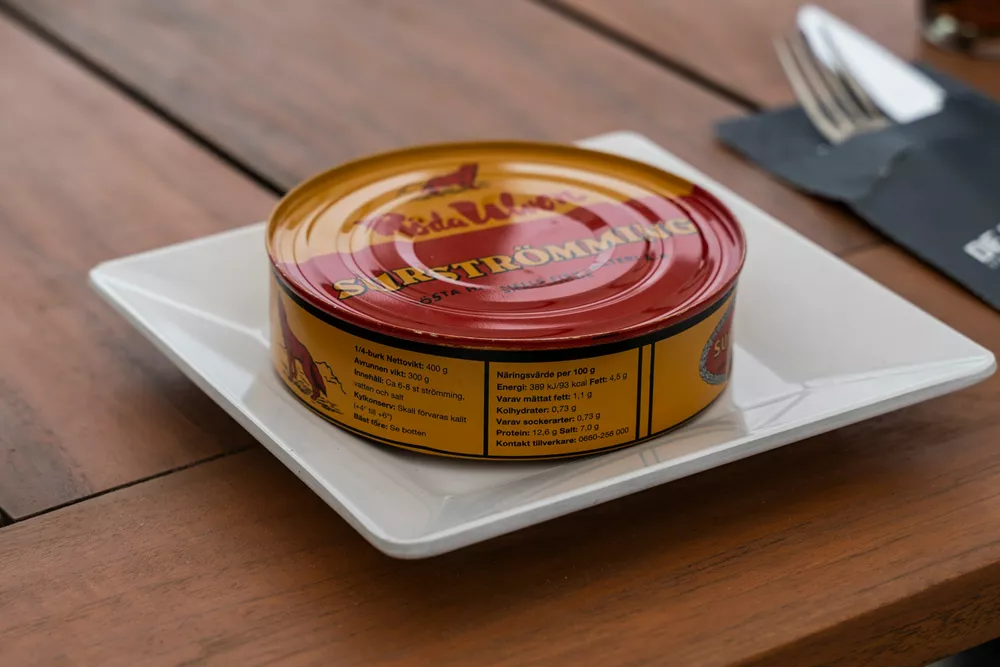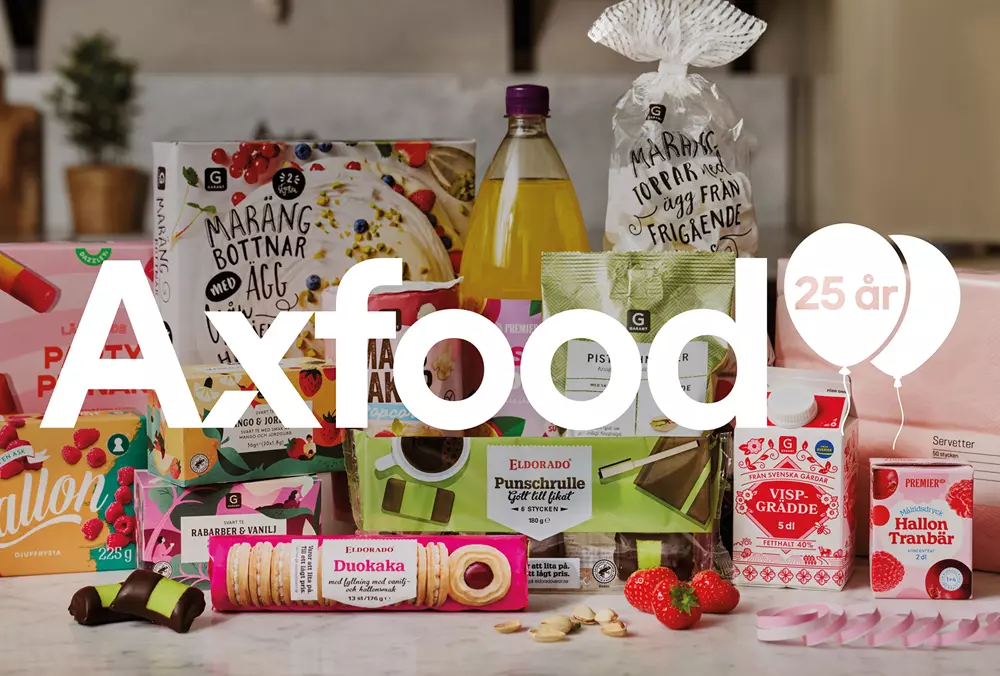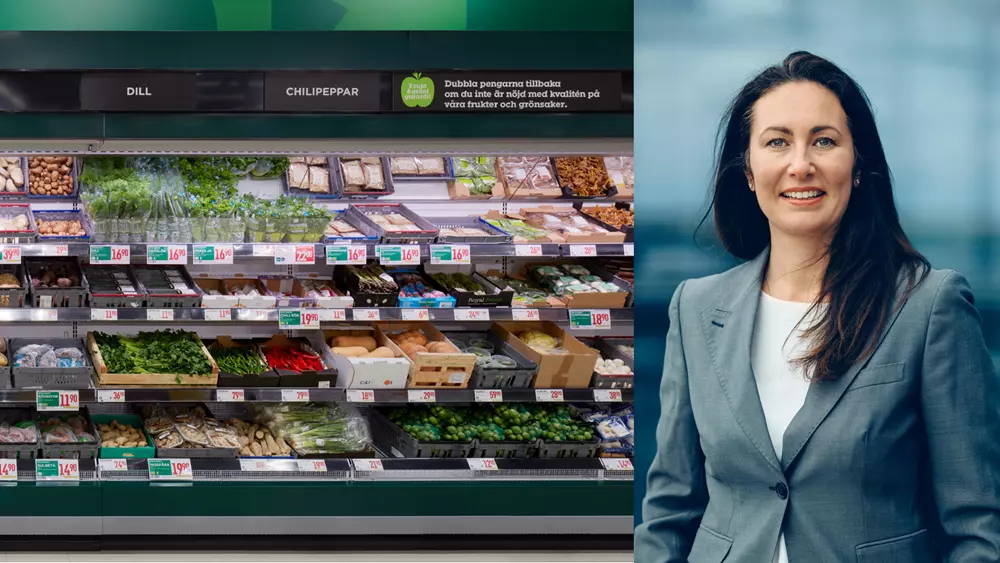For a long time Axfood has been committed to promoting sustainable fishing practices that mitigate climate emissions, preserve ecosystems, prevent overfishing, and address acidification of fishing waters. According to Axfood's seafood guidelines, fish and seafood from endangered stocks are not to be sold in the group's stores. This policy is enforced through close collaboration between buyers and suppliers.

For a long time Axfood has been committed to promoting sustainable fishing practices that mitigate climate emissions, preserve ecosystems, prevent overfishing, and address acidification of fishing waters. According to Axfood's seafood guidelines, fish and seafood from endangered stocks are not to be sold in the group's stores. This policy is enforced through close collaboration between buyers and suppliers.
In the latest WWF fish guide, which is updated annually with recommendations on which fish can be consumed and which should be avoided, herring from the Baltic Sea has been marked as a red-listed species. This indicates that the species is considered endangered and should be completely avoided.
Although small-scale fishing is not the main problem, the biomass of the herring stock is lower, and measures need to be taken. Therefore, Axfood's stores will not sell fermented herring during the 2024 season. Together with suppliers, various sustainable solutions are now being reviewed to be able to offer fermented herring in a long-term sustainable way in the future.
– It is the industrial and large-scale trawling of herring for feed production that should not be allowed, as it leads to overfishing and thus destroys the opportunities for coastal and small-scale net fishing for consumption, such as fermented herring, says Åsa Domeij, Axfood's Head of Sustainability.
Swedish shrimp is also red listed in the WWF fish guide. Additionally, since it has lost its MSC eco-label, it has been temporarily replaced by Norwegian shrimp in Axfood's stores.
Work for Sustainable Fishing
Axfood is working to offer sustainable seafood through both its own initiatives and various industry collaborations. Additionally, several proposals for measures have been submitted to politicians and authorities.
- Certified or green/yellow light: Axfood's stores only sell seafood that is eco-labeled (with ASC, MSC, KRAV, or IP Sigill) or has a green or yellow light in WWF's fish guide
- Diversification: Axfood encourages a greater variety of fish on the plate to reduce pressure on popular species such as salmon and cod. Among other things, products made from bream, Pacific hake, and southern blue whiting have been developed.
- Fish Counters: All of Hemköp's own fish counters are MSC and ASC certified, as are all Snabbgross stores and Dagab's warehouses.
- Food Waste: Axfood's store chain Willys, in collaboration with its own brand Garant, has launched the waste-smart product 'Fula fiskar' (Ugly Fish). The product consists of irregular pieces of breaded cod that were previously sorted out to be discarded.
- Tracking: The fish and seafood sold in Axfood's stores must be traceable to the stock, fishing zone/farm, and fishing method.
- Feed: Axfood participates in projects, including with Axfoundation, to develop more sustainable feed for fish farming, without soy and fishmeal. It is also important that trawling for fishmeal production ceases.
- Stock Assessment: Axfood wants to see more sustainable fish in the market by assessing inland fish stocks to determine if and at what level commercial fishing can be conducted.
- Quotas and Management Plans: Axfood believes it is important that fishing quotas are never higher than what scientific advice recommends and that there are long-term management plans for the stocks.
- Fishing Controls: Axfood wishes for stricter fishing controls to ensure management plans are followed and illegal catches are prevented.
- Selective Fishing Gear: Axfood advocates for the development and use of more selective fishing gear to reduce unnecessary bycatch that contributes to overfishing.


